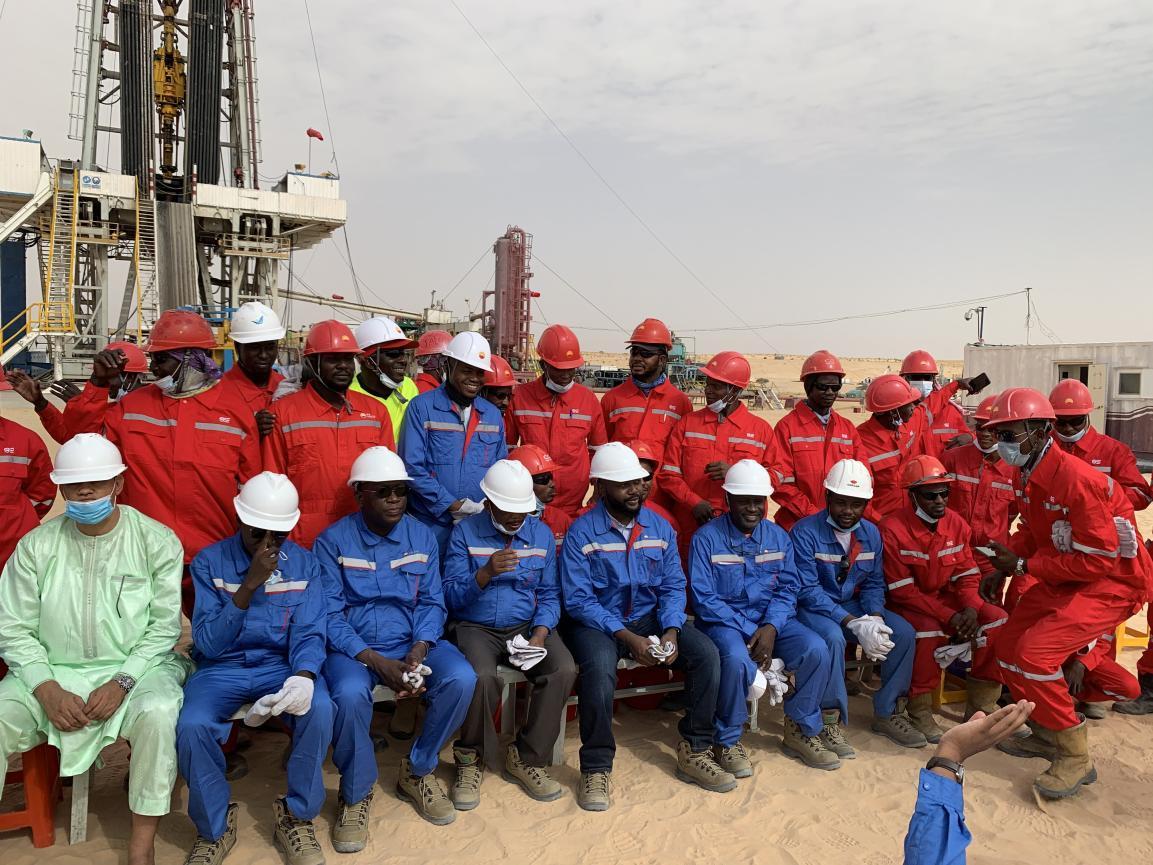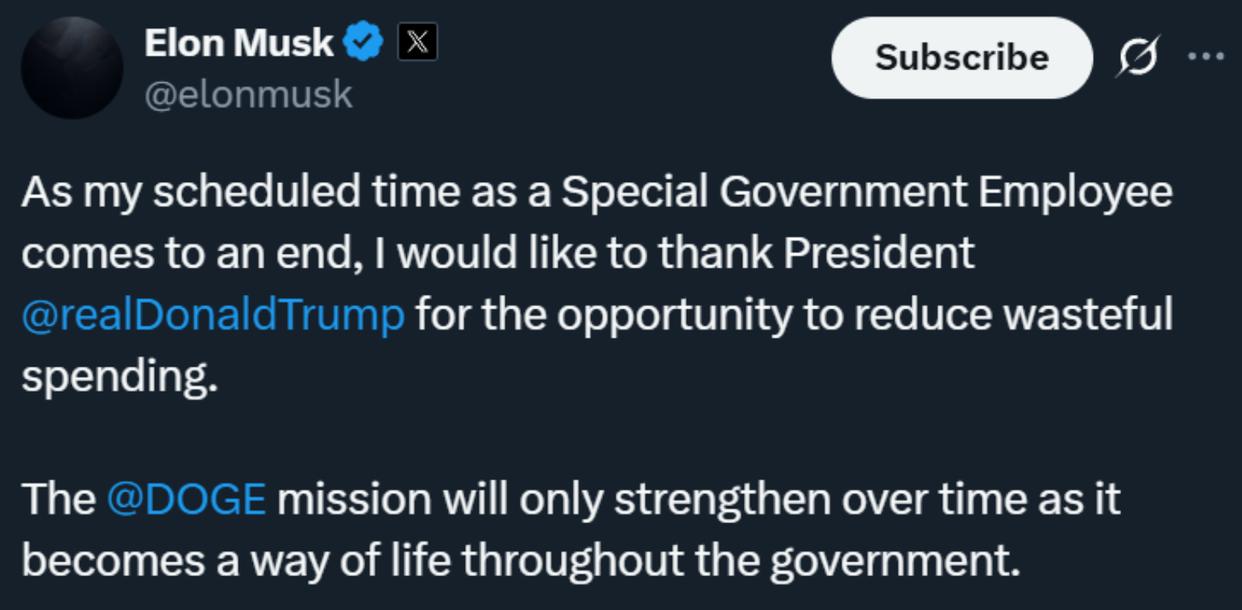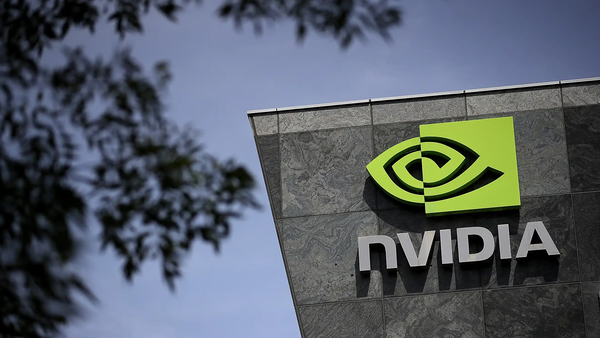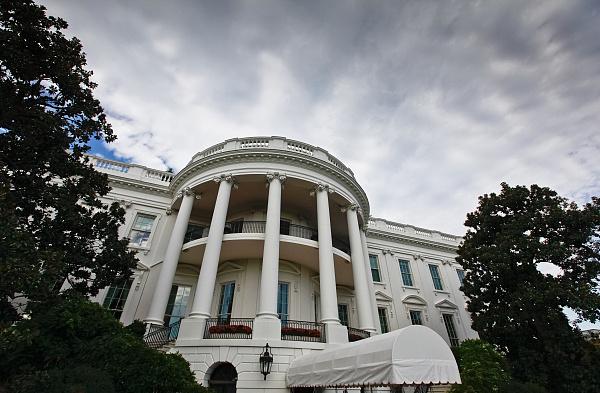
According to Reuters, on March 13, Niamey, the capital of Niger, a landlocked country in West Africa, was caught in an energy shock. Military leader Abdelrahman Kiyani signed an emergency decree requiring three Chinese executives of China National Petroleum Corporation (CNPC), Zinder Refinery (Soraz) and West African Petroleum Pipeline Company (WAPCo) to leave the country within 48 hours and to seal the refinery accounts. On the same day, the Niger Ministry of Tourism revoked the business license of the Chinese-owned Sunshine International Hotel on the grounds of “discriminatory operation”.
94ha.com called the China Petroleum News Office to verify the “Niger expelled three Chinese oil executives”, and the other party said that “no relevant information was available”.
In fact, the fuse of this incident was buried a year ago. In March 2024, the Niger military government, which was deeply in debt crisis, signed an agreement with CNPC to obtain a $400 million advance loan for crude oil exports. However, a year later, the military government was unable to repay the principal and interest, and turned to the excuse of “excessive salaries for foreign executives” and “refusal to purchase locally”. Experts told Jisu Finance that Niger’s approach this time was relatively radical. The series of measures it proposed essentially reflected the dilemma of government operations facing a shortage of funds, hoping to use administrative means to threaten CNPC to give itself certain financial support.
01 Once contributed 10% of Niger’s GDP
In 2003, when Western oil companies evacuated the Niger Desert due to exploration risks and meager profits, CNPC’s exploration team set foot on the hot sand dunes in the southeastern Chad Basin. This place is regarded as a “geologist’s nightmare”: the surface temperature often reaches 50 degrees Celsius, malaria and meningitis are rampant, and the infrastructure is almost zero.
But CNPC started a 22-year cooperation with Niger here, investing in projects such as the Agadem Oilfield, the Bilma Oilfield, the Niger-Benin Crude Oil Pipeline, and the Zinder Refinery, with a total investment of about US$4.6 billion. In June 2008, China and Niger signed the “Agreement on the Upstream and Downstream Integration Project of Agadem”, with a total investment of US$5 billion, covering oil field development, refinery and oil pipeline construction.
By 2011, a miracle flower bloomed in the desert: the Agadem oil field was put into production, with 324 million barrels of proven recoverable reserves, making Niger leap from an oil importer to an exporter; the Zinder Refinery (Soraz) processed 20,000 barrels of crude oil per day, ending the country’s history of 100% dependence on imports of refined oil, and the oil price dropped from 1,500 CFA francs per liter (about US$2.5) to 600 CFA francs; a 462-kilometer oil pipeline runs through the desert, building a complete industrial chain from mining to refining.
According to a report by China Daily in August 2021, the annual output value of the Agadem upstream and downstream integration cooperation project accounts for about one-tenth of Niger’s GDP, and the annual profit and tax paid accounts for about one-eighth of the country’s tax revenue. At the same time, CNPC International Niger also donated and built classrooms and wells in the country, assisted victims of terrorist attacks and donated to the government, and sent medical treatment and medicine and built clinics after a large-scale epidemic.
In 2019, the cooperation entered a new stage. CNPC started the construction of the Niger-Benin crude oil export pipeline. This energy artery with a total investment of US$4 billion and a total length of 2,000 kilometers has a designed daily transmission capacity of 90,000 barrels and goes directly to the port of Seme in Benin. By 2024, the first ship of crude oil will be shipped out to sea, and 90% of Niger’s oil exports will rely on this pipeline.
It is also because of the above that Mahamane Sani Mohamedou, then Minister of Petroleum, Energy and Sustainable Energy of Niger, praised China National Petroleum Corporation for its great contribution to the local area.
02 Experts: Disguised extortion under the banner of “resource sovereignty”
The originally harmonious cooperative relationship has new variables after the Niger coup in July 2023. The newly elected military government has implemented the so-called “resource sovereignty awakening” policy and has been seeking to strengthen its control over its natural resources.
As a landlocked country in West Africa, Niger has rich strategic resources underground, although 75% of its land area is covered by the Sahara Desert. In the field of oil and gas, Niger has proven oil reserves of 5 billion barrels, mainly concentrated in the Chad Basin in the southeast; natural gas reserves of 18.6 billion cubic meters, although not developed on a large scale, but reserve potential for future energy transformation; uranium resources are Niger’s most prominent strategic assets, with proven reserves of 420,000 tons, ranking fourth in the world.
Immediately after the military government came to power, it reviewed the old contract for various reasons, demanding that the crude oil share ratio be increased from 15% to 30%, and recovered $130 million from the Soraz refinery in the name of “tax audit”. Just in February this year, Niger’s Oil Minister Umaru also challenged CNPC and SORAZ, asking them to speed up local management and improve the salary and benefits of Niger employees.
Dong Xiucheng, executive dean of the China International Carbon Neutral Economic Research Institute of the University of International Business and Economics and director of the “Belt and Road” Energy Trade and Development Research Center, told Jisu Finance that it is not surprising that such incidents occur in Africa. In general, the investment environment in Africa has always been relatively complex, with frequent regime changes and strong policy instability. Moreover, in Africa, the geopolitical game among major powers is also intensifying. The United States, Russia and the European Union are all trying to play an important role in Africa. Therefore, it is not ruled out that Niger will take advantage of the situation of major power game and try to seek a balance between major powers.
As for the Sinopec incident, the most direct factor may be related to the $400 million debt.
According to Bloomberg, in March 2024, Sinopec provided the Niger military government with a $400 million advance loan in the form of a loan for crude oil transportation in Niger to help it repay its debts. Now that the one-year deadline has come, the Niger military government, unable to repay the Sinopec loan, did not seek an extension of repayment, but instead used the so-called “fairness” as an excuse to try to solve the problem through tough measures.
Dong Xiucheng said that Niger’s use of the banner of resource sovereignty and business fairness is more for the domestic people to see, in order to gain the people’s recognition of the legitimacy of its regime. “For a very backward and poor country like Niger, oil and gas resources are crucial to its economic and social development and even people’s livelihood. Therefore, the military government will emphasize the fairness of salaries and positions in foreign-funded enterprises, including equal pay for equal work, hiring local employees as much as possible, and a certain proportion of local people in the management, in order to gain the support of the people.” He said, “In fact, many resource-rich countries in the world have similar legal requirements. I believe that Sinopec, as an international energy company that has been internationalized for a long time, attaches great importance to operating in accordance with the law, and has been engaged in oil and gas business in Niger for a long time, and will not violate local laws.”
In his view, Niger’s approach this time is relatively radical. The series of measures it proposed essentially reflect the government’s operation is facing the dilemma of funding shortages, and life is not easy. It hopes that Sinopec will provide the government with certain financial support. Whether imposing fines or conducting investigations, the purpose is to obtain funds, which is essentially a disguised form of extortion.
“Niger should understand that CNPC’s help in its oil and gas resource exploitation is a win-win business behavior that has greatly promoted local economic and social development, rather than plundering its oil and gas resources. From a commercial practice, the oil and gas produced by CNPC overseas are not necessarily sold to China, but are market behaviors that are bought and sold according to market prices. They can be exported to other countries or sold locally.” Dong Xiucheng said.
In recent years, Chinese companies investing in Africa have faced compound risks such as frequent regime changes, intervention by Western forces, and the rise of resource nationalism. This incident not only demonstrates China’s long-term efforts to help Africa’s industrialization through technology exports, but also warns that overseas investment needs to shift from “scale expansion” to “deep integration” and build a comprehensive system of legal protection, localized operations, and geopolitical risk response.
Dong Xiucheng pointed out that companies should be aware of risks when investing overseas, establish a scientific and reasonable risk prevention and control system, conduct risk assessment, and prepare risk emergency plans in advance. In addition, more flexibility and innovation are needed in cooperation models and cooperation methods.
In order to prevent unfounded charges, Dong Xiucheng also suggested that companies investing overseas should pay more attention to the comprehensive grasp of the laws and regulations of the host country, control the policy pulse, increase operational transparency, strengthen public opinion propaganda and promotion, and carry out more public welfare undertakings in the local area to establish a good corporate image.








